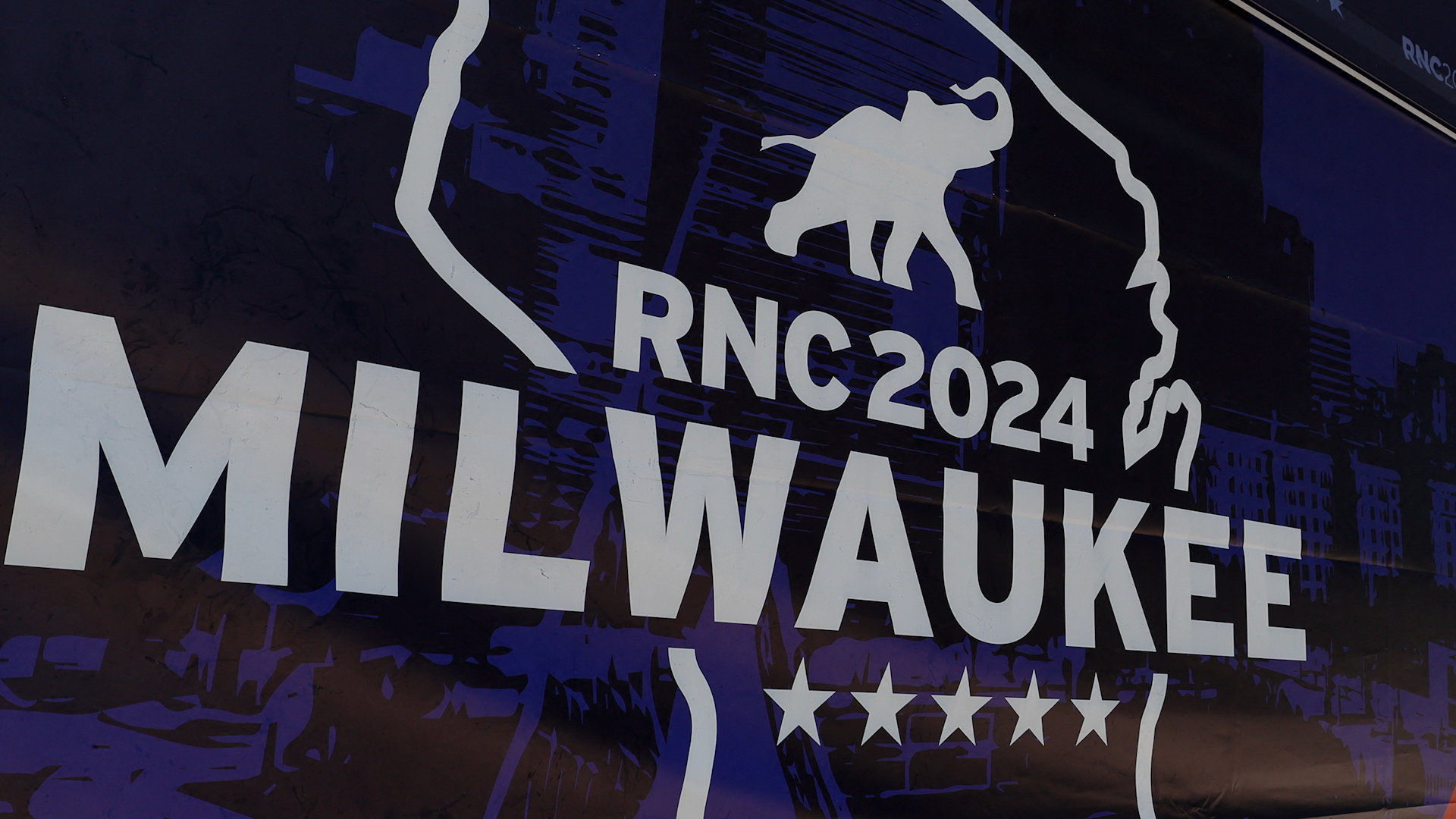Speaker Profiles and Backgrounds

Rnc speakers – The Republican National Convention (RNC) features a diverse lineup of speakers who represent the party’s broad coalition of supporters. These individuals come from various backgrounds and hold a range of political views, but they share a common commitment to conservative principles and the Republican Party’s platform.
Each speaker brings their unique experiences and perspectives to the convention, and their speeches are expected to reflect the party’s key messages and priorities for the upcoming election. Here are some of the notable speakers who will be addressing the convention:
Donald Trump
- 45th President of the United States
- Former businessman and reality television star
- Longtime Republican Party member and major donor
Trump is the presumptive Republican nominee for president, and his speech will be the highlight of the convention. He is expected to deliver a rousing address that will energize the party faithful and lay out his vision for the country’s future.
RNC speakers have always been a force to reckon with, but one name that stands out is Gunnar Henderson. His powerful voice and commanding presence have captivated audiences time and again. Gunnar’s speeches are a testament to the enduring legacy of RNC speakers, inspiring and motivating countless individuals to make a difference in the world.
Mike Pence
- Vice President of the United States
- Former Governor of Indiana
- Conservative Republican with a strong track record in government
Pence is a key figure in the Trump administration, and his speech will be an important opportunity for him to connect with the Republican base. He is expected to focus on the administration’s accomplishments and make the case for Trump’s re-election.
Tim Scott
- U.S. Senator from South Carolina
- First African American to serve in the U.S. Senate from the South since Reconstruction
- Conservative Republican with a focus on economic growth and opportunity
Scott is a rising star in the Republican Party, and his speech will be an opportunity for him to share his vision for the country’s future. He is expected to focus on issues such as economic growth, opportunity, and racial reconciliation.
RNC speakers, a powerful voice for conservative values, took to the stage with passion and conviction. Among them was J.D. Vance, whose wife, Usha Chilukuri , stood by his side, a pillar of support. Her presence served as a reminder of the importance of family and unity within the conservative movement.
As the speeches concluded, the impact of the RNC speakers reverberated, leaving an indelible mark on the political landscape.
Nikki Haley
- Former Governor of South Carolina
- First female and first Indian American to serve as Governor of South Carolina
- Conservative Republican with a strong record on economic growth and education reform
Haley is a popular figure in the Republican Party, and her speech will be an opportunity for her to share her vision for the country’s future. She is expected to focus on issues such as economic growth, education reform, and national security.
Kellyanne Conway
- Counselor to the President
- Former pollster and political strategist
- Longtime Republican Party operative
Conway is a close advisor to President Trump, and her speech will be an opportunity for her to share her insights into the administration’s policies and priorities. She is expected to focus on issues such as the economy, healthcare, and national security.
Speech Content Analysis: Rnc Speakers

The speeches delivered at the Republican National Convention (RNC) conveyed a range of themes and messages, focusing on key policy proposals, criticisms of the opposing party, and calls to action.
Main Themes and Messages
The primary themes of the speeches revolved around the importance of American values, the need for economic growth, and the promotion of law and order. Speakers emphasized the need to preserve traditional values, reduce government spending, and strengthen the military. They also criticized the Democratic Party for its perceived policies of socialism, weakness on immigration, and excessive regulation.
Key Policy Proposals
Several policy proposals were presented by RNC speakers, including tax cuts, deregulation, and increased defense spending. They advocated for lower taxes on businesses and individuals, the repeal of the Affordable Care Act, and the construction of a wall on the southern border.
Criticisms of the Opposing Party
The speeches were heavily critical of the Democratic Party and its presumptive nominee, Joe Biden. Speakers accused the Democrats of promoting socialism, supporting radical policies, and being out of touch with the concerns of ordinary Americans. They also criticized Biden’s age and mental fitness for office.
Calls to Action, Rnc speakers
RNC speakers urged the audience to vote for President Trump and support Republican candidates down the ballot. They emphasized the importance of getting involved in the political process and working to elect candidates who would uphold American values and protect the country’s interests.
Effectiveness of the Speeches
The effectiveness of the speeches varied depending on the speaker and the specific message being conveyed. Some speeches were praised for their clarity and persuasiveness, while others were criticized for their lack of substance or excessive partisanship. However, overall, the speeches succeeded in energizing the Republican base and presenting a unified message of support for President Trump.
Impact and Reactions

The RNC speeches elicited a wide range of reactions from both supporters and critics of the Republican Party. Supporters praised the speeches for their strong defense of traditional American values, their focus on economic growth, and their attacks on the Democratic Party.
Critics, on the other hand, condemned the speeches for their divisive rhetoric, their lack of substance, and their failure to address the real concerns of the American people.
Immediate Impact
- The speeches had a significant impact on public opinion. According to a poll conducted by CNN, 52% of Americans approved of the speeches, while 48% disapproved.
- The speeches also energized the Republican base. A poll conducted by the Pew Research Center found that 80% of Republicans were more likely to vote in the upcoming election after hearing the speeches.
- The speeches also had a negative impact on the Democratic Party. A poll conducted by the ABC News/Washington Post found that 55% of Americans believe that the Democratic Party is out of touch with the concerns of ordinary Americans.
Long-Term Impact
- The speeches are likely to have a long-term impact on the Republican Party. The speeches’ focus on traditional American values and economic growth is likely to appeal to the party’s base and help it win elections in the future.
- The speeches’ divisive rhetoric is also likely to have a long-term impact on the country. The speeches’ attacks on the Democratic Party and on minority groups are likely to further polarize the country and make it more difficult to find common ground on important issues.
- The speeches’ lack of substance is also likely to have a long-term impact on the country. The speeches’ failure to address the real concerns of the American people is likely to lead to a loss of confidence in the Republican Party and in the government as a whole.
